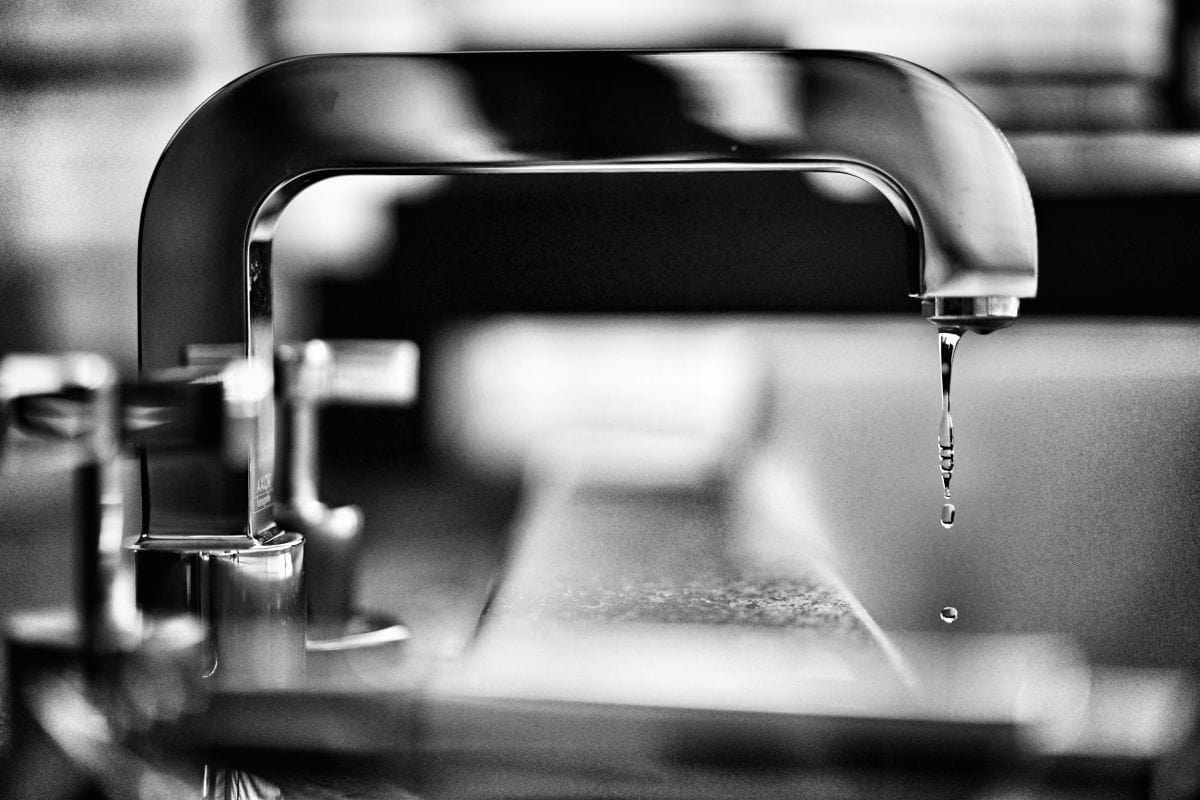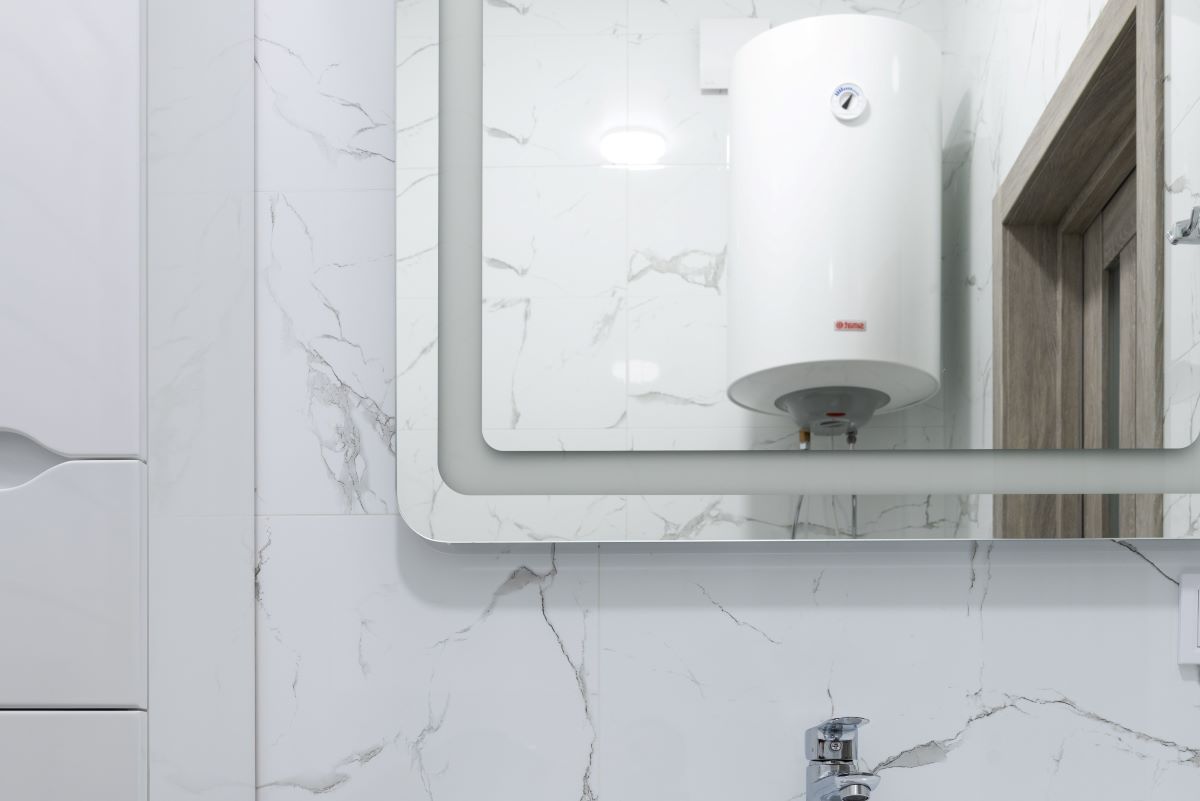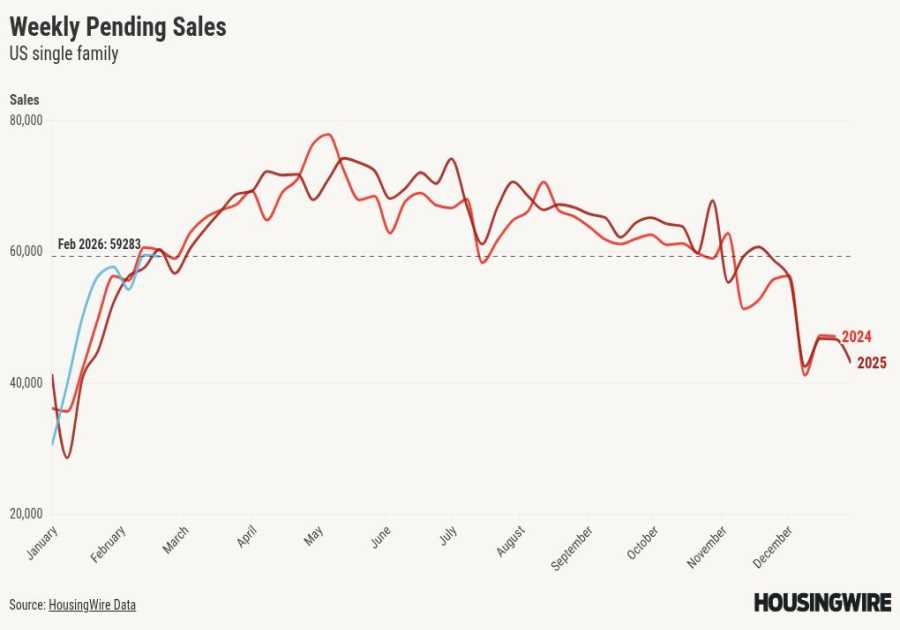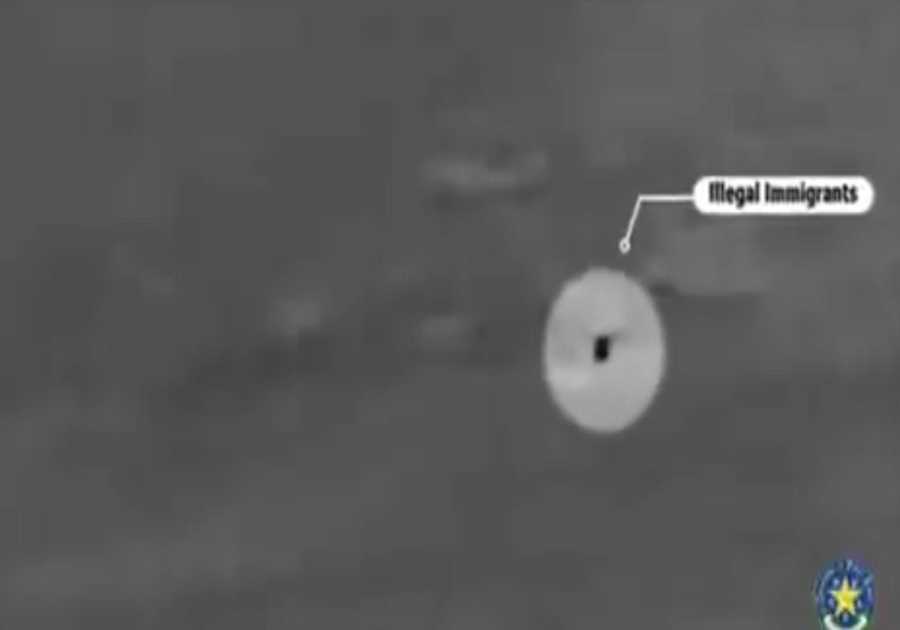Plumbing is an essential aspect of any modern household, ensuring the smooth flow of water and the efficient removal of waste. However, plumbing systems can be complex whether you live in a house in Columbus or a condo in Sacramento, and homeowners often have questions about their maintenance, repair, and functionality. In this article, Redfin addresses ten common plumbing questions to help you better understand your plumbing system and how to keep it in good working condition.

1. How can I prevent clogged drains?
Clogged drains are a common plumbing issue. To prevent them, avoid pouring grease, coffee grounds, hair, and other debris down the drain. Use drain screens to catch solids and run hot water periodically to clear away the buildup.
2. What should I do in case of a leak?
In case of a leak, it’s crucial to act promptly. Start by turning off the water supply to the affected area or your entire house if needed. This will help prevent further water damage. Next, use towels, buckets, or other absorbent materials to contain the leak. If the leak is from a fixture like a faucet or toilet, you might be able to temporarily stop it by closing the shut-off valve for that fixture. However, it’s recommended to call a professional plumber to assess the situation and perform necessary repairs to ensure the leak is fixed correctly and doesn’t lead to more significant issues.
3. How can I prevent frozen pipes in the winter?
To prevent frozen pipes, insulate exposed pipes in unheated areas, keep cabinets under sinks open to allow warm air circulation, and let faucets drip during freezing temperatures to relieve pressure and prevent freezing.
4. Why does my toilet keep running after flushing?
“Rubber parts and mechanical parts in the tank fail after some time,” says Sean from Economy Plumbing Services. The flapper may have deteriorated (this is the seal that actuates when the toilet handle is operated), allowing the water to pass from the tank to the bowl, or the fill valve (the part that fills the tank) has not shut off. There are various types of toilets with different kinds of seals/parts, so a plumber would need to assess to know what’s wrong.”
5. What’s the difference between hard water and soft water?
Hard water contains high levels of minerals like calcium and magnesium, which can lead to limescale buildup in pipes and appliances. Soft water, on the other hand, has fewer minerals due to a water softener, reducing the risk of scale accumulation.

6. How often should I flush my water heater?
Flushing your water heater annually is recommended to remove sediment buildup that can affect its efficiency and lifespan. This process helps maintain consistent water temperature and prolongs the heater’s longevity.
7. Can I fix a dripping faucet myself?
Yes, you can often fix a dripping faucet yourself. A dripping faucet is usually caused by a worn-out washer or O-ring inside the faucet. Turn off the water supply to the faucet, disassemble the handle, and replace the worn part with a new one from a hardware store. Reassemble the spout, turn on the water supply, and the dripping should stop. However, if you’re uncomfortable with plumbing repairs, it’s a good idea to consult a professional plumber.
8. What’s the purpose of a P-trap under sinks?
A P-trap under the sinks prevents sewer gasses from entering your living space and traps a small amount of water, which acts as a barrier between your home and the sewage system. The curved shape of the P-trap allows water to collect, creating a seal that blocks foul odors from traveling back into your home. Additionally, the P-trap captures debris that could clog your plumbing system, helping maintain proper drainage and preventing potential issues.
9. Are chemical drain cleaners safe to use?
“No, chemical drain cleaners are not safe,” says Liriano Plumbing. “They can be harmful to your plumbing system, as well as to the environment and your health. These harsh chemicals can corrode pipes, potentially causing leaks or more extensive damage. Additionally, the fumes and residue from these cleaners can be hazardous if inhaled or touched. It’s better to use alternative methods or contact a professional plumber to clear clogs safely.”
10. When is it time to call a professional plumber?
It’s advisable to call a professional plumber if you’re dealing with major leaks, sewer line issues, water heater problems, or if you’re unsure about a plumbing task. Attempting complex repairs without proper knowledge can lead to further damage.
In conclusion, understanding basic plumbing concepts can help you address common issues and maintain your plumbing system more effectively. If you’re ever unsure about a plumbing problem, consulting a licensed plumber is the best way to ensure proper repairs and prevent further complications.
The post 10 Common Plumbing Questions Answered appeared first on Redfin | Real Estate Tips for Home Buying, Selling & More.
------------Read More
By: Chibuzo Ezeokeke
Title: 10 Common Plumbing Questions Answered
Sourced From: www.redfin.com/blog/common-plumbing-questions/
Published Date: Tue, 15 Aug 2023 22:20:36 +0000
Did you miss our previous article...
https://trendinginbusiness.business/real-estate/housing-is-expensive-but-these-are-the-5-reasons-prompting-people-to-move
.png)





